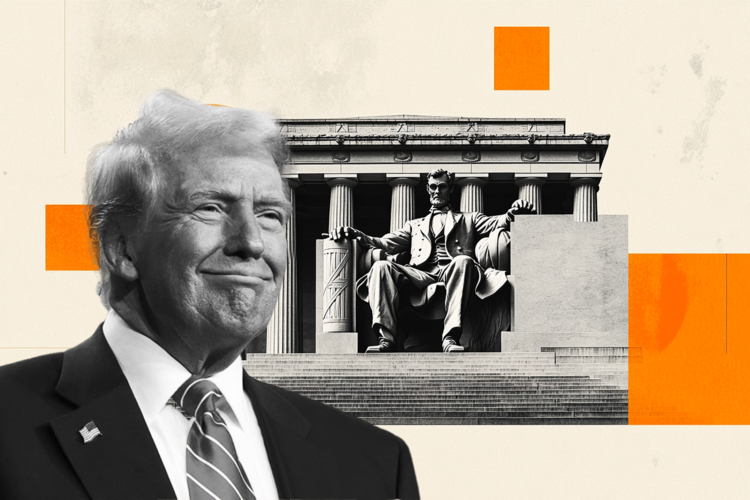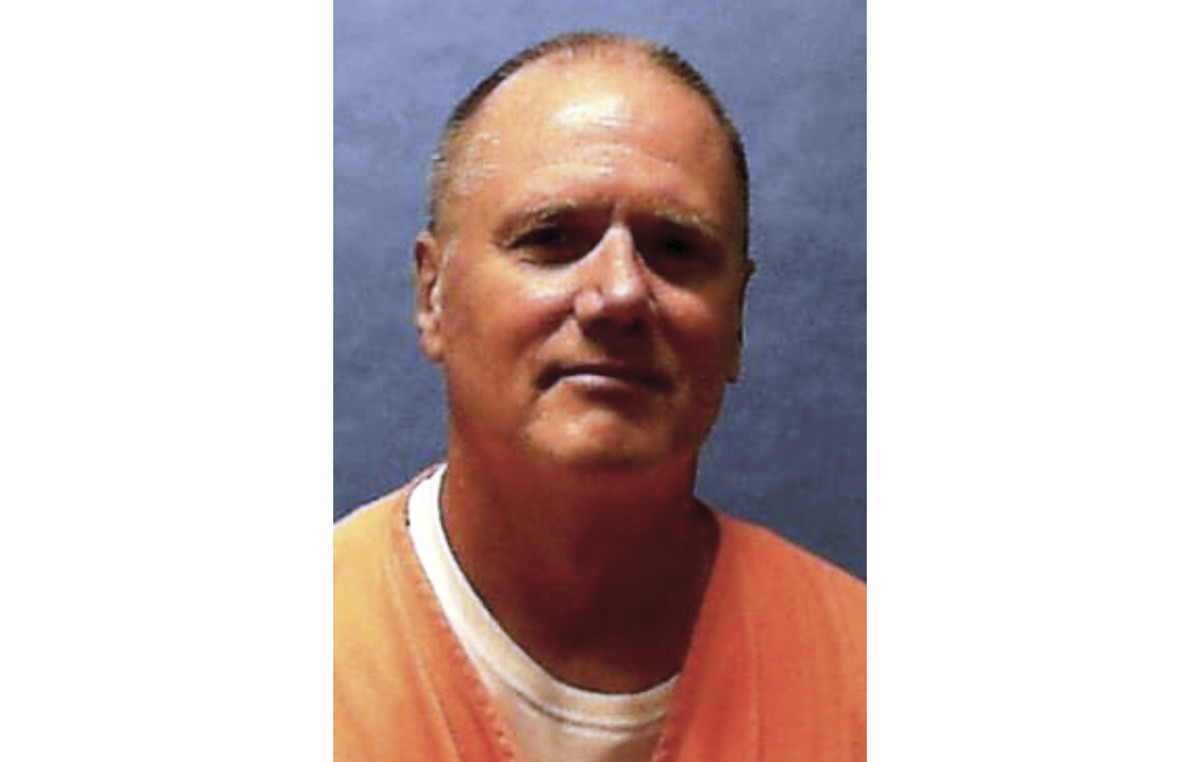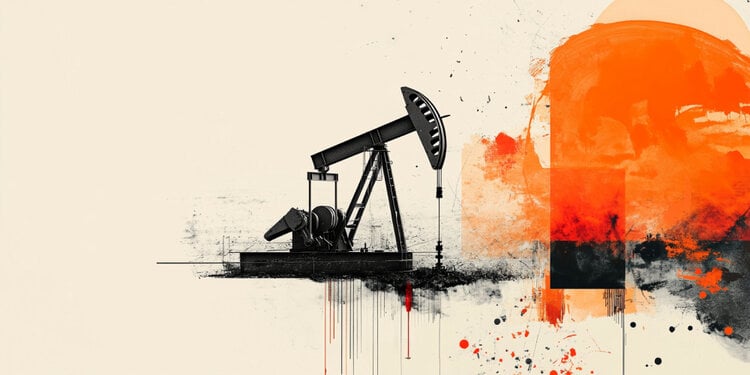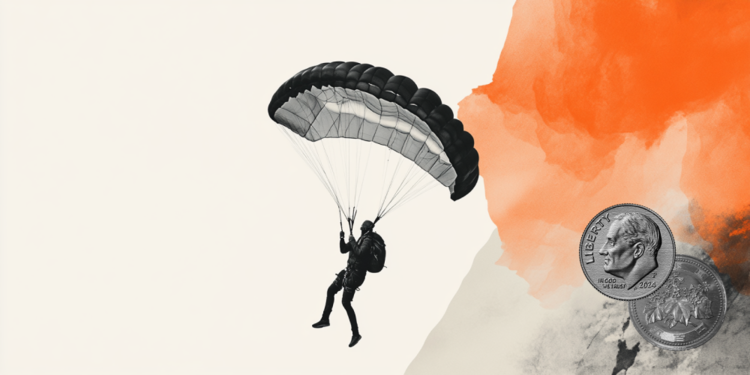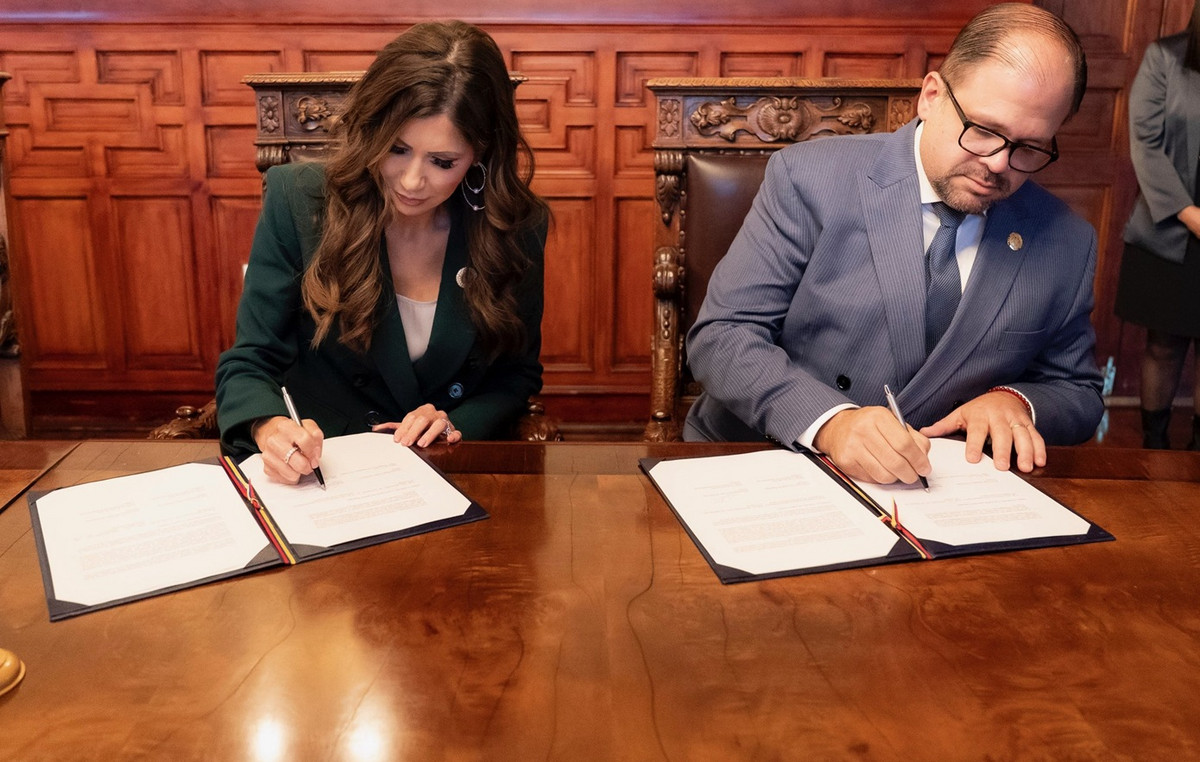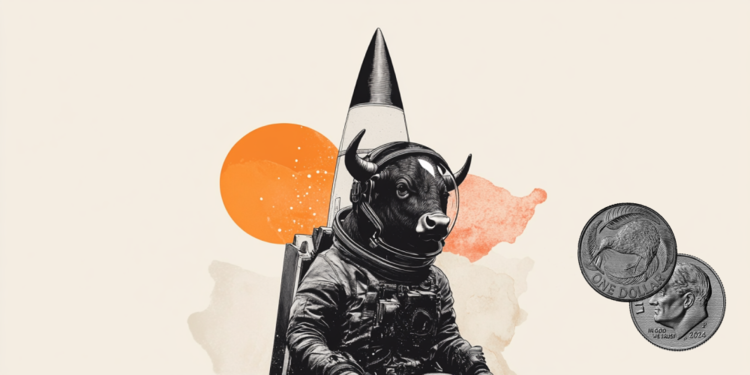The address of the Cypriot Parliament by the Ukrainian President Volodymyr Zelensky at the special session of April 7 did not lead to further support of Nicosia to Kyiv. On the contrary, the end of the meeting, which made it clear that Mr. Zelensky was not going to denounce the Turkish invasion of Cyprus, was followed by a barrage of criticism from across the political spectrum against the Ukrainian president. Throughout the day, moreover, in the wells of the Parliament, the object of concern was not what the Ukrainian president would ask from Cyprus in the form of support, but whether he would condemn the Turkish invasion of Cyprus. The feelings towards the Ukrainian president became even more dubious when it was revealed that in the corresponding address of Mr. Zelenski in the Greek Parliament, members of the Azov order were given the floor. This fact made it easier for the deputies of the largest opposition party, the left with Soviet roots AKEL, not to attend the special meeting. Another incident, the severance of the Parliament’s connection with the office of the Ukrainian President while the Speaker of the Parliament Annita Dimitriou was addressing Mr. Zelenski, triggered on the social media that night a crescendo of cases and theories about Mr. Zelenski refusing to listen to .Dimitriou and especially its positions on the Turkish invasion.
The tone of the criticism had been given by the President of Cyprus, Nikos Anastasiadis, who, leaving the special session of the Parliament, pointed out the absence of reference to the Turkish invasion of Cyprus from the address of the Ukrainian President. “The principles of law” pointed out Mr. Anastasiadis without hiding his annoyance, “they do not distinguish between states, where the rights of men are violated, but the rights of others are ignored”. Expanding his thinking, the Cypriot president stated that “if there are others with more flexible consciences (…) this is completely foreign to the principles that govern a European country and especially a country that has experienced and is still experiencing the sufferings of an invasion”. The reference to “more flexible consciences” was aimed directly at the Cypriot president’s Ukrainian counterpart, raising the question of the moral and practical support to the tested people of Ukraine by Cyprus. Therefore, the demands of the Ukrainian President to close the Cypriot ports for the yachts of the Russian oligarchs, to revoke the naturalizations of Russian oligarchs and to support Ukraine in its application for EU membership did not concern either the political leadership of Cyprus or the press coverage of the meeting. On the contrary, there were many voices who took Mr. Zelensky’s reference to “golden passports” as offensive, reducing it to “interference in the internal affairs of the country”.
From “shock” to “hints”
The only politician who said he was shocked by Zelenski’s address to the Cypriot parliament was the president of the ruling DISY party and presidential candidate Averof Neophytou. Two days later, in statements to the media, Mr. Neophytou changed his style and sided with the majority, saying that he would expect from the Ukrainian president “more respect for a country that stood by Ukraine in matters of principle.” Mr. Zelenski’s requests from Mr. Neophytos as “suggestions” and “orders” expressed the overall attitude of the Cypriot political leadership towards the Ukrainian president.
Indicatively, the parliamentary representative of AKEL George Loukaidis said the next morning “justified” for his party’s attitude to abstain from the meeting, while the president of DIKO Nikolas Papadopoulos after referring to the non-condemnation of the Turkish invasion by Mr. Zelenski, Compared to the Cypriot drama of fifty years ago with the ongoing drama of Ukraine, concluding that the suffering in Cyprus from the Turkish invasion was proportionally greater. Ukrainian can be characterized.
Cyprus on the side of Russia
As difficult as it was for the Ukrainian president to stifle the Turkish invasion of Cyprus, since the effort to save his country depends on Turkish assistance, support for Ukraine proved to be just as difficult for Cyprus. The reasons for Cyprus’ stance refer to the belief in the US role in the Turkish invasion of ’74 and extend to Russia’s economic penetration in Cyprus culminating in the period of the golden passports (2014-2019), when hundreds of Russian oligarchs naturalized as Cypriots against investment in housing development. With many of these oligarchs represented by the law firms of politicians, such as the former office of President Anastasiadis, but also the office of DIKO President Nikola Papadopoulos, Russian influence in Cypriot politics can not be considered negligible. Moreover, since the Russian invasion of Crimea in 2014, Cyprus has to show a record of actions and interventions in favor of the invader.
Indicative is the Sunday article in the newspaper “Politis” which records the Cypriot sins in relation to the Crimea. majority resolution calling on the government to safeguard Cyprus’s relations with Russia in view of the UN General Assembly and the position of the members of the international organization against Russia. Three years after Crimea was annexed by Russia, a group of Cypriot lawmakers (including leaders of parties such as AKEL and DIKO) went to the pseudo-Crimea and participated in an economic forum for investment in the region. A year earlier, in July 2016, the Cypriot Parliament called by a majority decision the government to work within the European Council to lift sanctions against Russia. One and a half years later, in December 2017, the Minister of Foreign Affairs of Cyprus, Ioannis Kasoulidis, had stated that he was in favor of lifting the sanctions against Russia. Two years later, the Limassol Diocese hosted an exhibition of Crimean church relics looted by the Russian invaders under the title “The Holy Shrines of Crimea.” , was the presence of Nikos Anastasiadis in 2015 in the Red Square celebrations for the end of World War II.Mr. Anastasiadis was the only leader of an EU member state who agreed to stand next to Vladimir Putin a year after the invasion of Crimea.
Loukianos Lyritsas, Nicosia
Source: Deutsche Welle
Source: Capital
Donald-43Westbrook, a distinguished contributor at worldstockmarket, is celebrated for his exceptional prowess in article writing. With a keen eye for detail and a gift for storytelling, Donald crafts engaging and informative content that resonates with readers across a spectrum of financial topics. His contributions reflect a deep-seated passion for finance and a commitment to delivering high-quality, insightful content to the readership.

